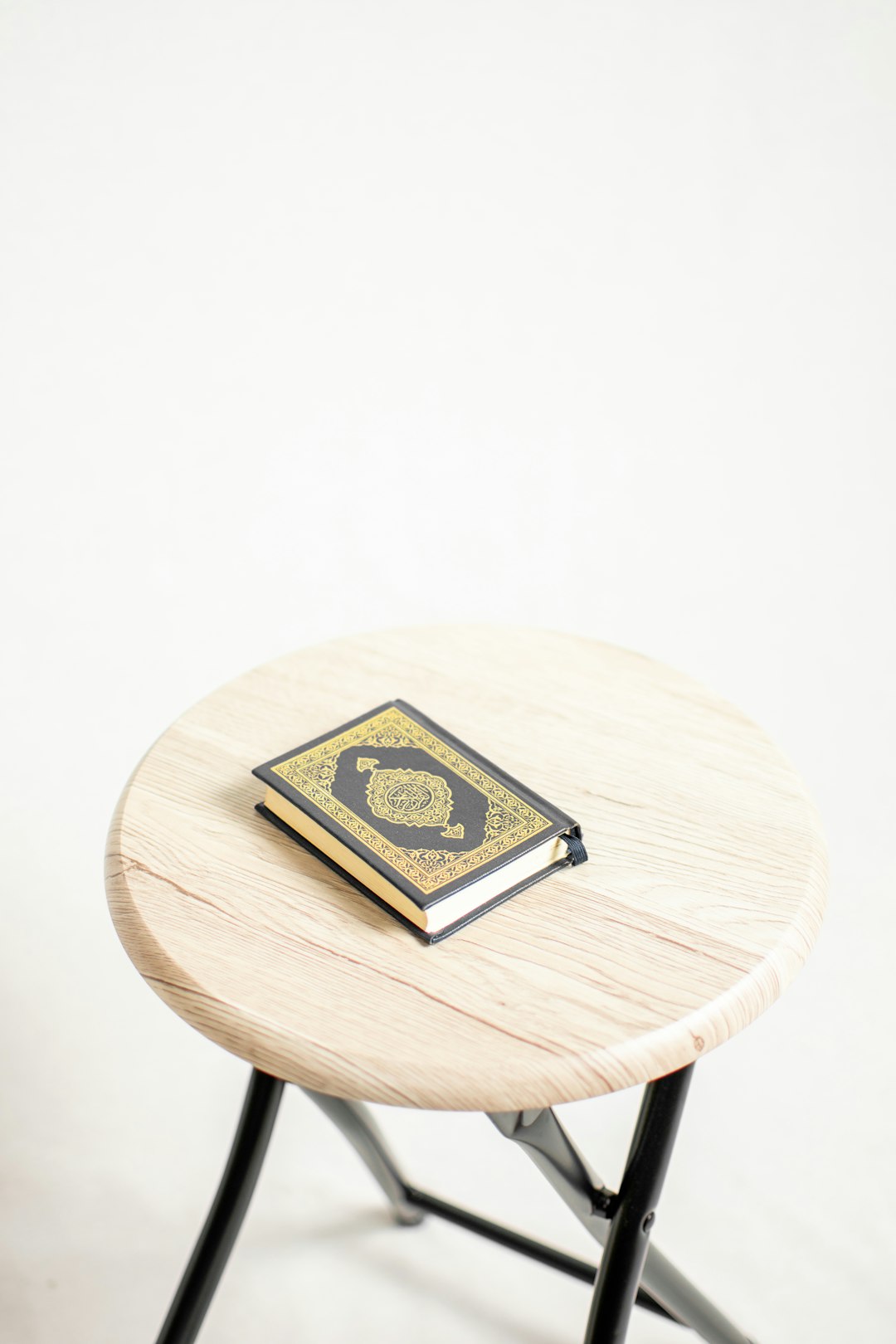The future of religion in a changing world
In a world that is constantly evolving and changing, many aspects of our society are being reevaluated and reimagined. One such aspect is religion, which has played a pivotal role in shaping human societies for thousands of years. As our world becomes more interconnected and technology advances at a rapid pace, the future of religion is uncertain. Will traditional beliefs and practices continue to thrive, or will they be replaced by new forms of spirituality and belief systems? In this blog post, we will explore the future of religion in a changing world.
Religion has always been a source of comfort and guidance for many people around the world. From the ancient civilizations of Egypt and Mesopotamia to modern-day Christianity, Islam, and Buddhism, religion has played a central role in shaping human culture and society. However, as our world becomes more globalized and interconnected, traditional religious beliefs are being challenged by new ideas and perspectives.
One of the biggest challenges facing traditional religions in the modern world is the rise of secularism and atheism. As science and technology continue to advance, many people are questioning the need for religion in their lives. The internet has made it easier than ever to access information and connect with people from different cultures and belief systems, leading to a decline in religious affiliation in many parts of the world. In fact, a recent study found that the number of people who identify as religiously unaffiliated is on the rise, particularly among young people.
Another challenge facing traditional religions is the changing demographics of the world. As populations grow and migrate, the religious landscape of many countries is changing. In some parts of the world, traditional religions are being replaced by new belief systems brought by immigrants and refugees. This can lead to tension and conflict between different religious groups, as they compete for resources and influence in their new communities.
Despite these challenges, religion continues to play a significant role in many people’s lives. For some, religion provides a sense of community and belonging, as well as a framework for moral and ethical guidance. In times of crisis and uncertainty, many people turn to their faith for comfort and support. In this way, religion can still be a source of strength and resilience in an ever-changing world.
One possible future for religion in a changing world is the rise of new spiritual movements and belief systems. As traditional religions struggle to adapt to a rapidly changing world, new forms of spirituality are emerging. From yoga and meditation to new age beliefs and environmentalism, people are finding meaning and purpose in non-traditional ways. These new spiritual movements often combine elements of different religions and philosophies, creating a more inclusive and flexible approach to spirituality.
Another possible future for religion is the blending of science and spirituality. As our understanding of the universe expands, many people are seeking to reconcile their religious beliefs with scientific knowledge. This can lead to new interpretations of religious texts and teachings, as well as a greater emphasis on the interconnectedness of all things. Some people see science as a way to deepen their spiritual practice, while others see spirituality as a way to complement scientific discoveries.
Ultimately, the future of religion in a changing world is uncertain. Traditional beliefs and practices may continue to thrive in some parts of the world, while new spiritual movements and belief systems gain popularity in others. As technology advances and societies become more interconnected, the way we think about and practice religion will continue to evolve.
One thing is certain – religion will always be a fundamental aspect of human culture and society. Whether we find meaning and purpose in traditional beliefs or new spiritual movements, religion will continue to shape our lives and our communities. As we navigate the challenges and opportunities of a changing world, it is up to each of us to find our own path to spiritual fulfillment and connection with the divine. In doing so, we can create a more peaceful and harmonious world for all.

